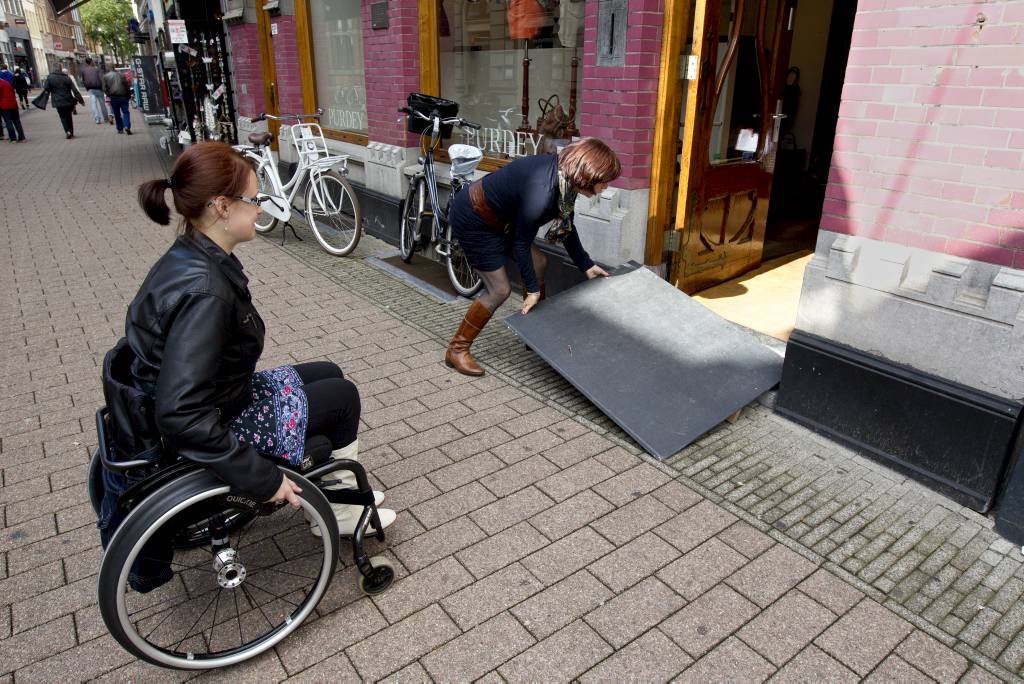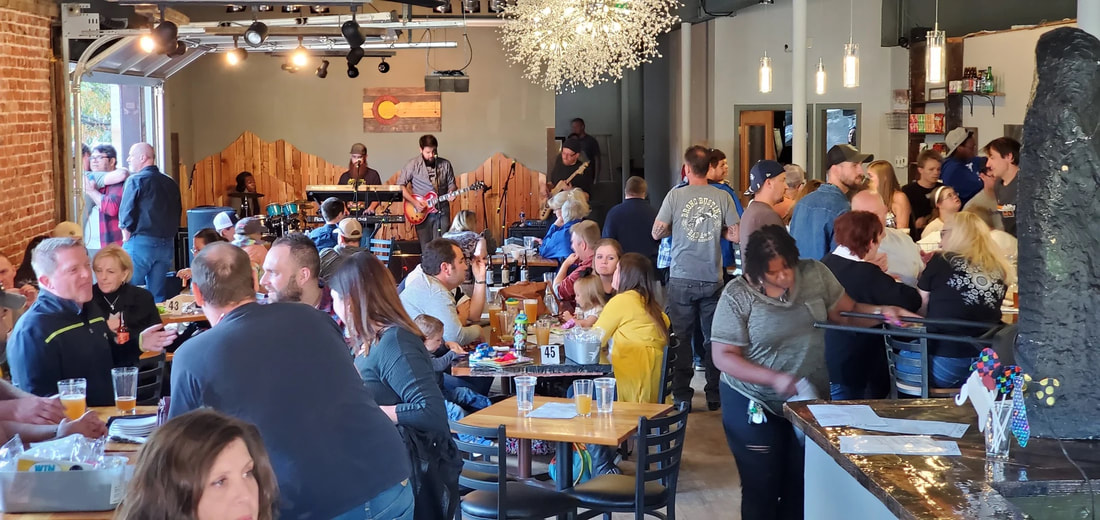|
In addition to the harmful impact of implicit ableist practices, beliefs, and ideologies, there are a myriad of physical barriers that continue to perpetrate structural ableism. Structural ableism takes on many forms. From the abhorrent Chicago Codes of 1881, which prohibited the public appearance of individuals with certain physical disabilities, to the lack of wheelchair accessibility in a restaurant bathroom, ableism has long permeated time and industry. The American Disability Act (ADA), modeled after the Civil Rights Act of 1964, prohibits discrimination based on disability and provides a guideline that covers employment, access to government services, and spaces with public accomodation; such as restaurants. However, these institutions continue to neglect some of the most literal forms of implicit structural ableism– physical and informational inaccessibility. Here are a few examples of physical and informational ableism that produce tangible discrimation that harms the disabled community. Insufficient Physical Accessibility: Restaurants that don’t have adequate seating arrangements such as height, spacing, accessibility for wheelchairs, adaptive equipment such as braille menus or access to sign language are just a few ways that implicit ableism functions in dining spaces. As well as owners that put off installation of wheelchair accessible bathrooms or a ramp at a step entryway. Photo from “?@$&! I can’t get in!” blog. Each unnecessary barrier in an organization, a business, or public space actively limits disabled folks mobility. Further isolating and putting yet another community out of reach. Albeit subconscious or overt, these physical barriers send a message that disabled people are not wanted and not welcome. Informational inaccessibility In 2020, the Colorado Restaurant Association was informed that a Douglas resident with visual impairment had been filing lawsuits against Colorado businesses, including restaurants, due their websites being non-compliant with the American Disabilities Act. Though the ADA was written before the internet was a widely used resource, websites are considered to be spaces of public accommodation– therefore, covered under the ADA. Failing to provide communication and information through alternative formats, such as websites and digital media, continues to impoverish and isolate people with visual, hearing, and communication disabilities. Photo from Brewability Although the American Disabilities Act is one of the most comprehensive forms of civil rights laws to pass legislation in U.S. history, structural ableism continues to marginalize disabled communities across expression and industry. People with disabilities deserve access to have the same ease of access to an excellent dining experience as anyone. Making public spaces and businesses accessible should be considered a standard vs an accommodation.
Inclusive Guide hopes that we have your support in our journey to make accessibility a standard in the restaurant industry. Know of a restaurant doing great work in accessible dining? Submit a review at InclusiveGuide.com. Sources: Adams, Philip. “How to Find WheelChair Accessible Restaurants Near You.” ?@$&! I can’t get in!, 24 Jun. 2016, blog.icantgetin.com/wheelchair-accessible-restaurants-near-me/. Accessed 16 Mar. 2022. Pulrang, Andrew. “Ableism Is More Than A Breach of Etiquette.” Forbes, 17 Feb. 2022, https://www.forbes.com/sites/andrewpulrang/2022/02/17/ableism-is-more-than-a-breach-of-etiquette---it-has-consequences/?sh=5d1d10b77b7f. Accessed 7 Mar. 2022. Americans With Disabilities Act of 1990, Pub. L. No. 101-336, 104 Stat. 328 (1990). https://www.ada.gov/pubs/adastatute08.htm Accessed 7 Mar. 2022.
0 Comments
Leave a Reply. |


